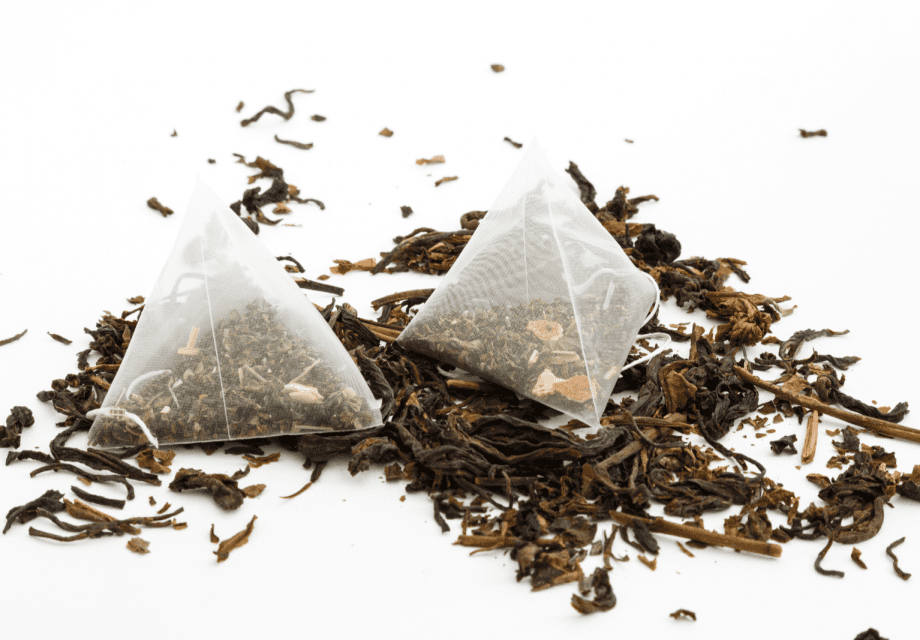For thousands of years, tea, also known as “the elixir of life”, has been drunk in many parts of the world. Tea from the misty mountains of China to of the busy streets of London has been a beverage of choice for many. However, just like many other aspects of life, not all teas are equally made or produced out there. In the vast world of tea, there’s a debate that has been brewing (pun intended) for quite some time: What about real brewed tea versus tea bags? Here in this article, we will provide clarity.
1. The Authenticity of the Experience
The real brewed tea is usually manufactured using whole or loose leaves and hence, offers an authentic tea experience. Drinking tea from whole leaves is an ancient ritual that goes from generation to generation. Feeling the leaves, watching them open in boiling water, smelling the new scent – an activity that few tea bags can reproduce in a fully sensual manner. It provides a closer link between one and the tea, its origin, and its story.
2. Quality of Leaves
The main distinction that sets up between real brewed tea and tea bags is the quality of leaves used to make tea. These include loose-leaf teas that are usually better than the fanning and/or dust often found in many tea bags. The minute small remains of the production of larger tea leaves are known as these fannings. Although they create flavor, the taste may not be as good as the one created by whole leaves. To buy real brewed tea visit Seven Teas.
3. Flavor Profile and Complexity
Tea made of whole tea leaves has more surface area compared to tea bag tea, which has a finely ground counterpart with less surface area. This leads to a gentle flavor and oil release into the brewing. The result? Tea is a sophisticated drink, no question about it. However, tea bags have smaller pieces of tea on them and hence, they usually tend to release flavors faster, which may lead to a monotone flavor.
4. Control Over Strength
If your tea is made using real brewed tea, you have a greater level of control over the intensity and essence. It is very easy to vary the quantities of tea used depending on individual preferences. Tea bags do limit you to the already measured volume of tea you want, which might not be exactly in accordance with your ideal strength.
5. Sustainability and Environmental Impact
There are many tea bags that consist of plastic, so they can’t be decomposed completely. This contributes to environmental pollution. Bulk-purchased loose-leaf tea has a smaller ecological paw print. You get a better kind of tea experience and choose better for the environment.
6. Variety and Exploration
There is an abundance of choices in the world of loose-leaf tea. The variety of types ranges from white to black and includes oolong and pu-erh. That means that there is a scope for experimenting with something that would be almost impossible if you had to make do with just regular packets of tea bags.
7. Economic Considerations
At first, loose-leaf tea may appear to be a costly affair, but in the long run, it’s usually cheaper. Unlike tea bags, loose-leaf teas can be reused several times, extracting distinct tastes in every infusion. The value of this multiple-steeping ability is not found in single-use tea bags.
8. Health Benefits
Although tea bags and loose-leaf teas provide some health benefits, loose-leaf tea sometimes has a higher content of antioxidants, vitamins, and minerals. This is because the characteristics of a whole leaf remain more intact compared to one that is either crushed or has been broken.
Conclusion
Tea bags are very convenient, especially for a busy person. It is, however, difficult to contest the pleasure obtained from real tea as well as the multiple health benefits that come with drinking it.
Additionally, personal preferences are quite important for choice-making. It is totally fine to make such a choice, as some prefer convenience rather than flavor depth. However, for those who want to get a feel of tea as it is made in reality, we should stick to brewed tea.




